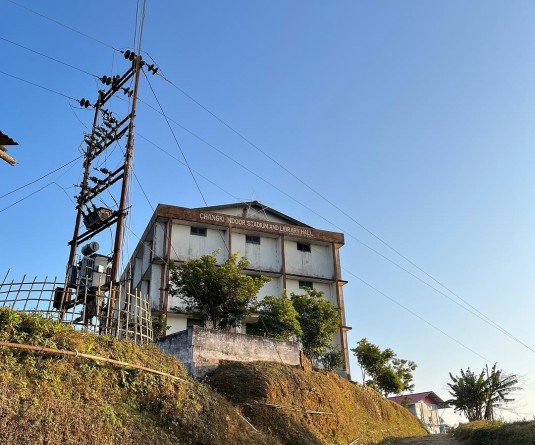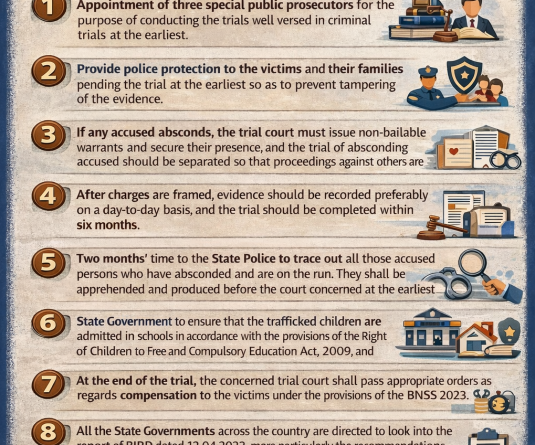
Nagaland observes the National Press Day
Morung Express News
Dimapur | November 16
“What is our ethical and professional framework at a time in Nagaland State where truth is suppressed, mercy has been blinded, justice has been kidnapped and peace remains elusive?” questioned Dr. Aküm Longchari, Editor of The Morung Express to the Nagaland press fraternity today.
He said this as the theme speaker of the National Press Day, which Nagaland observed along with the rest of country at DABA Elim Hall in Duncan Bosti, Dimapur under the theme: ‘Professional Ethics in Journalism.’
Organised by the Directorate of Information and Public Relations (DIPR) and hosted by the Dimapur Press Club, the event witnessed participation from Kohima Press Club and Mokokchung Press Club – the first time all three press clubs in the state and the IPR got together for such an event.
Journalists are confronted with the dilemma of “truth and fact,” Dr Longchari said, asking the gathering to partake in a simple paper-tearing exercise to expound his point. Despite the same set of instructions, all 70-odd gathering came up with different patterns. “We all interpret the world around us from where we come, through our own experiences,” he explained. “Sometimes we are too focused on the truth that we forget the facts,” he added, stressing the need to “qualitatively differentiate” between the two issues.
Seeking to highlight the creative tension between “internal and external factors”, Dr Longchari maintained that it is essential for journalists to develop self‐understanding and self‐definition in fluid working conditions.
Citing a working paper by Dr Henrik Örnebring, Professor of Media and Communications, Karlstad University, Sweden, where he posits that “journalists seem to be perpetually concerned with the decline of their occupation,” Dr Longchari mentioned two broad reasons identified by Dr Örnebring for the decline of journalism. [The working paper is entitled “The two professionalisms of journalism: Journalism and the changing context of work”]
The first, he pointed out are “internal factors” in which journalists as a collective are to blame for the decline of their profession, while the second points to “external factors” where the decline of journalism is the result of pressures from outside journalism.
To raise the standard of journalism in Nagaland, the theme speaker urged for examination of ethics and professionalism in journalism. Toward this, Dr. Longchari focused on four areas: (1) The competing notions of professionalism which are: organizational professionalism or occupational professional, (2) Negotiating journalism: between business and vocation, (3) The social role of journalists in these changing times, and (4) A peace lens for journalism.
In “Organizational or occupational professionalism”, the employer and the employee, the media house and the journalist have different ideas and expectations about what professionalism means, he explained.
Elucidating “Negotiating journalism between business and vocation”, Dr. Longchari mentioned Dr Örnebring’s reminder that, “Journalism is and always has been part of a business enterprise – and journalists have always been aware of this.”
In essence the business component of media houses is exerting more power and influence over journalism as a profession, to the detriment of journalistic quality and independence, he explained. “In other words, Dr Henrik is pointing out that organisational professionalism is weakening occupational professionalism,” he stated and voiced the need to address the growing commercialization of journalism.
“The healthy growth of journalism,” Dr. Longchari insisted, “can only happen in an environment where the press can function independently and unobstructed allowing it to maintain journalist expression and professionalism.”
Truth, he further maintained is the touchstone of journalism and getting the facts right is the cardinal principle. He also expounded on the pertinence of fairness and impartiality “We need to be aware that our words and images impact the lives of others. Very often we do not live with the consequences of our reports, but people do.”
Advocating the use of journalism as “a peace lens” he said that journalism contributes in breeding violence and supporting forces that lead to violent conflict. It however also has the power to prevent and stop violence and influence activities that promote peace, Dr Longchari said.
Earlier, Director, IPR Nagaland, Limawati Ao, in a short speech urged for better coordination and cooperation with the media fraternity. He also informed that the Nagaland Journalist Welfare Scheme is in operation and lauded the former Secretary IPR, T. Ao, IAS, for coming up with the scheme. The scheme is a onetime ex-gratia relief on urgent basis for journalists and their families. Editors from three Dimapur-based newspapers – K. Temjen Jamir of Tir Yim Yim, Monalisa Changkija of Nagaland Page, and Wapongtemjen Longkumer of Eastern Mirror – all shared their experiences with a common appeal to improve the standard of journalism in the state.
During the programme, Editor of Nagaland Page, Monalisa Changkija, espousing the Nagaland Baptist Church’s “Clean Election campaign” reaffirmed the daily’s pledge to refrain from publishing news/advertisements from village councils endorsing candidates.
The Editor of Morung Express also joined the pledge and affirmed to do the same.





